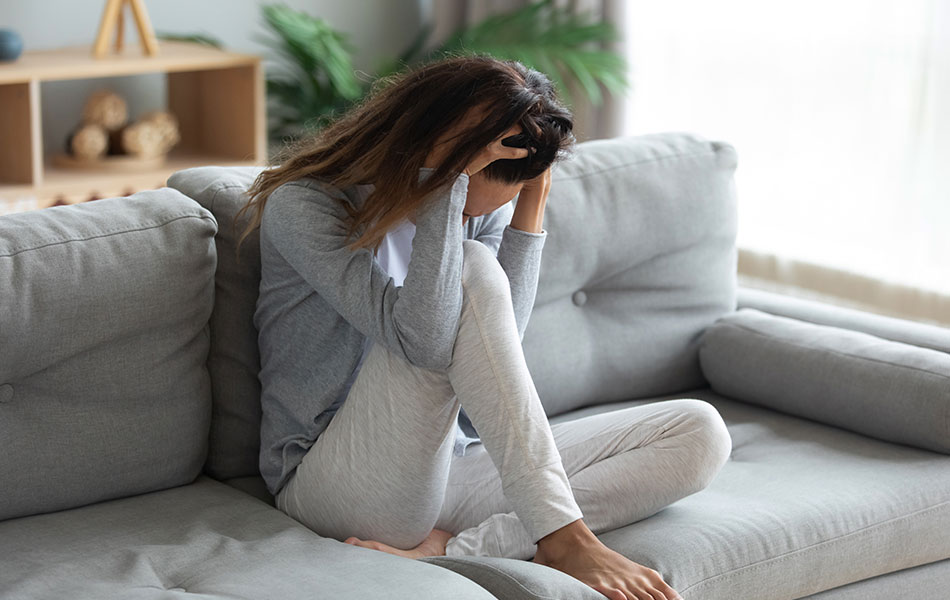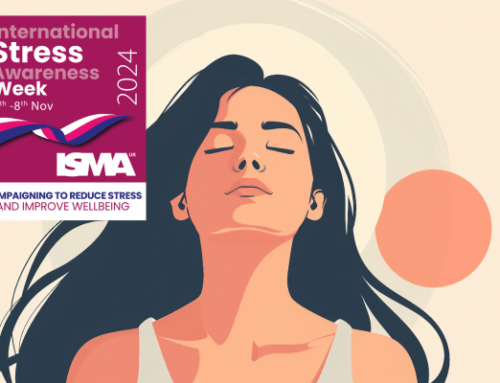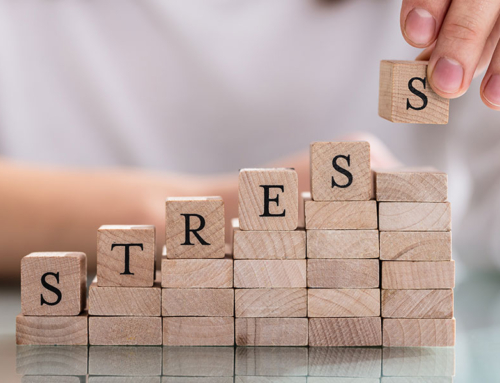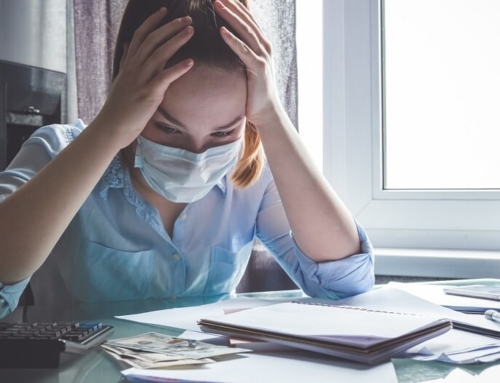The Symptoms and Causes of Anxiety
Anxiety is a debilitating condition which primarily affects the mind and in worse cases, the whole body; this can be extremely distressing for the sufferer and can often end up creating a vicious circle. Anxiety presents itself as excessive fear, worry or unease and the extent of this can vary hugely from one person to another.
A healthy amount of anxiety within the body is normal in cases where there is something to be worried about such as an exam or job interview. General Anxiety Disorder (GAD) is diagnosed when the amount of anxiety doesn’t fit the event or circumstances or persists long-term. Nopanic.org recorded 8.2 million cases of anxiety in the UK in 2013, with the disorder being more prevalent in women.
The Symptoms
Emotional
The emotional aspect of anxiety can be severe, including acute fear of objects, situations, places and people. Overthinking, getting upset easily, feeling overwhelmed, scared, and excessive worry or shame are all linked with anxiety.
Mental
The mental effects of anxiety can include negative self-talk, building up situations in the mind, low self-esteem, inability to cope with situations and blocking out traumatic experiences.
Physical
Anxiety can cause a huge number of physical symptoms such as a fast heartbeat, shaking or a shaky voice, dizziness, panic attacks, redness of the face or appearing paler than usual, having trouble sleeping, loss of appetite, upset stomach, diarrhoea and urinating more frequently.
Behavioural
The behavioural effects of anxiety can have a serious effect on the sufferer’s quality of life, causing them to avoid people, places or certain situations that might cause anxiety (or have caused anxiety in the past), irritability, being unable to relax or rest and acting out of character or to the extreme.
The Causes
Genuine Fear or Phobia
A genuine fear, of spiders for example, can often build up over time to the extent that it affects a person’s ability to function or live a normal way of life. The sufferer may feel like they are under attack from spiders or that they see them everywhere. If a fear or phobia is unchecked or not dealt with, it will get worse the more it is avoided.
PTSD and Childhood
PTSD (Post Traumatic Stress Disorder) and childhood experiences are leading causes of anxiety in adults. PTSD can cause extreme fear in situations that remind the sufferer of a previous traumatic event. A history of childhood trauma and conditioning are also contributing factors and a child may grow up with a projected phobia. If a child’s mother is extremely anxious around cats for example, it is highly likely the child will grow into an adult with the same fears.
Co-existing Mental Disorders and Side Effects of Medication
Other mental health disorders and the side effects of medication can be another cause of a person’s ability to cope with a normal amount of anxiety and in some cases, these factors can exacerbate symptoms.
Overactivity in the Brain
Overactivity in the limbic system (The section of the brain responsible for emotion) can heavily influence anxiety. High levels of cortisol (The stress hormone within the body) sends a message to the brain indicating a perceived threat and activates the fight or flight emotion. A recent study was carried out in France to prove a link between human gut health and the number of healthy bacteria in the body against cortisol levels. You can read about this link in more detail (here)
Disclaimer Always consult a GP before changing your diet or taking probiotics, especially if you have a medical condition.
© Triangle Mental Health Foundation 2022
Operating Hours
| Mon | 10:00am – 16:00pm |
| Tues | 10:00am – 16:00pm |
| Wed | 10:00am – 16:00pm |
| Thur | 10:00am – 16:00pm |
| Fri | 10:00am – 16:00pm |







